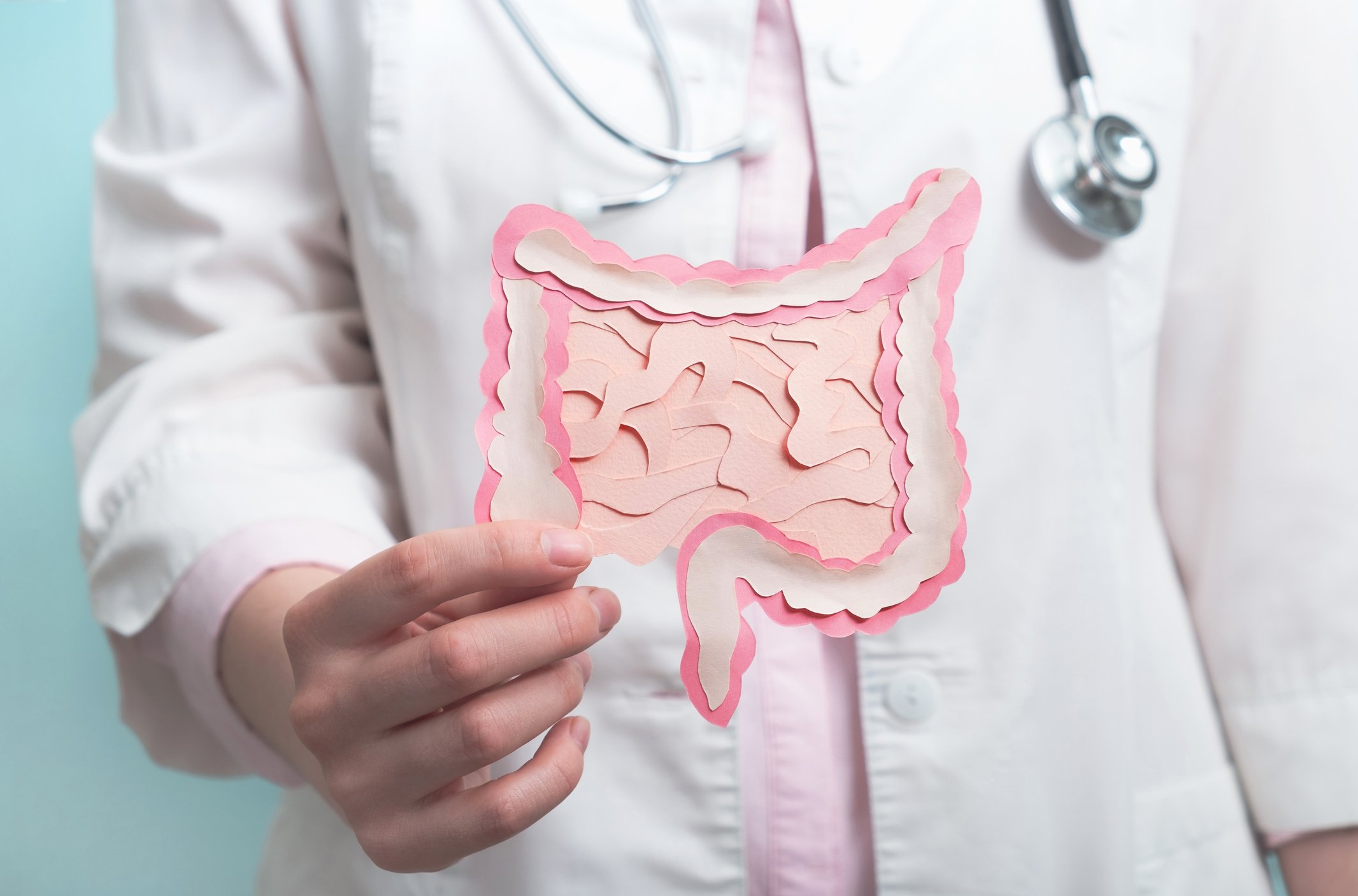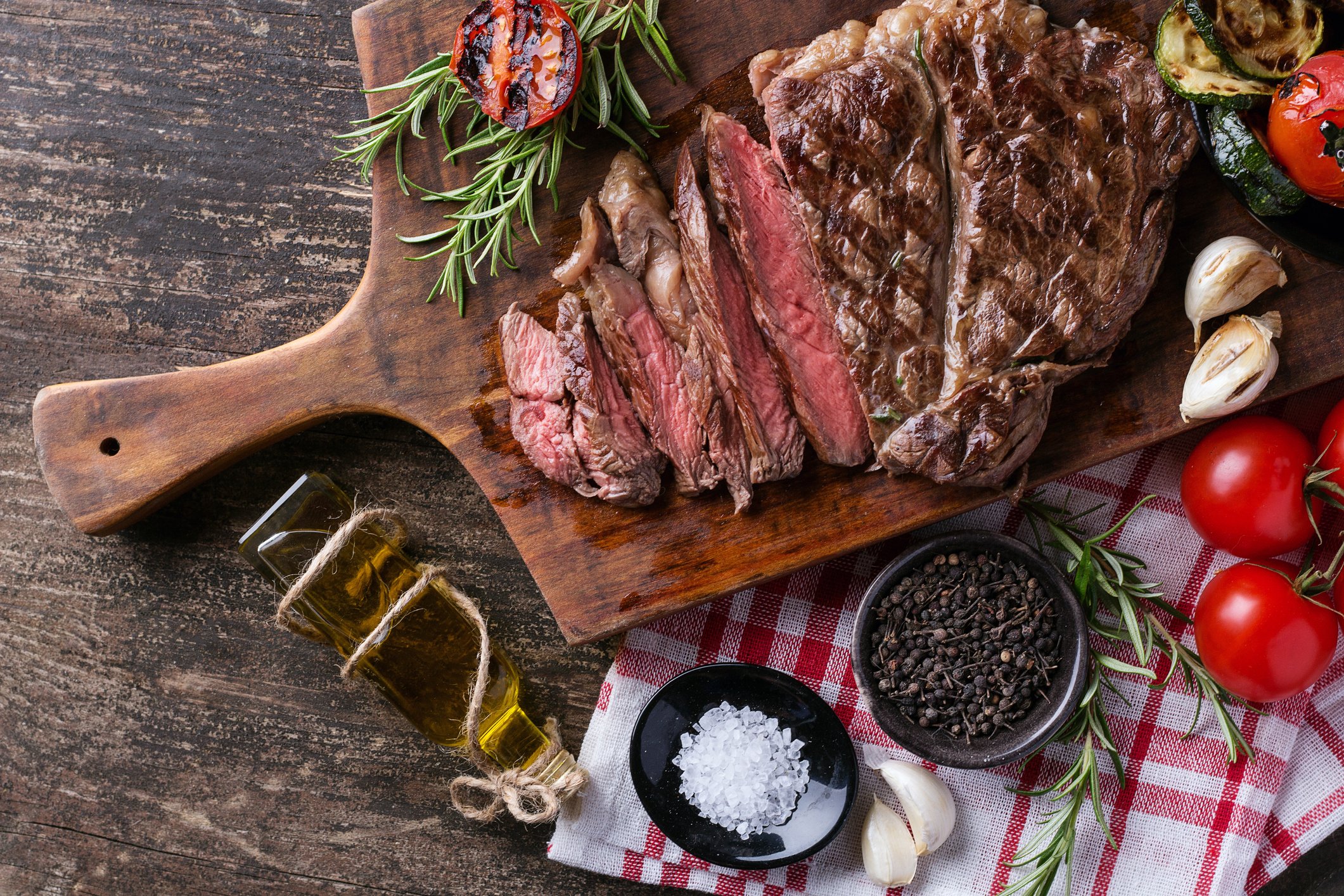Foods to avoid and reduce risks of bowel cancer
Bowel cancer is a condition that can be avoided in some forms. See what foods you can avoid to prevent the disease.

Intestine cancer, also called colorectal cancer, is a disease where colon or rectum cells grow with mutations. These cells can form polyps that in turn can become cancer. There are several risk factors for the development of this condition, and although some of them cannot be changed, such as family history and patient age, others may - and this is the case of food.

Here are a list of foods that may increase the risk of bowel cancer and that you can reduce consumption to prevent the disease:

- Red meats (such as beef, pig, ram, or liver)
- Processed meats (such as ham, sausages, mortadella or salami)
- Sweetened drinks (such as industrialized juices and sodas)
- Alcoholic beverages

In addition, it is recommended to maintain a balanced diet rich in minimally processed and fiber foods, with emphasis on fruits, vegetables and whole grains. Maintaining good levels of vitamin D in the blood and quit smoking can also protect you from colorectal cancer. Finally, maintain a healthy weight and do moderate or vigorous physical activity help in preventing the disease.

Risk factors
In addition to these risk factors that can be changed with lifestyle changes to reduce the chances of developing colorectal cancer, there are those that are not controlled but should be taken into consideration. An example is the age, as the years go, the greater the chances of developing the disease. Young adults may have gut cancer, but it is much more common after age 50.
Having a history of polyps or colon cancer also increases the risk of developing colorectal cancer. This is further when the polyps are large or numerous. A history of cancer, even if it has been completely surgically removed, can contribute to the development of new tumors in other parts of the intestine.
Individuals with type 2 diabetes are more likely to develop colorectal cancer, as both conditions have common risk factors (such as overweight and physical inactivity). Inflammatory diseases in the intestine, such as Crohn disease or ulcerative colitis, increase the risk of the development of intestinal cancer. Finally, more risk factors that cannot be controlled are a family history of polyps, cancer or inflammatory bowel diseases.

Symptoms
One of the main symptoms of bowel cancer is changes in intestinal habit - that is, when the person has many episodes of constipation and diarrhea, or when the consistency of stool varies greatly. One more sign that may indicate the condition is the bleeding in the rectum or blood in the stool.
Feeling that the intestine is not completely emptying when going to the bathroom and having a constant feeling of abdominal discomfort may also indicate that there is some problem with the region. However, even if it is important to make a medical appointment in the presence of these symptoms, it is important to note that they may arise for other reasons such as inflammatory diseases.

Treatment
The treatment of colorectal cancer depends on several factors, such as the evolution of the disease, size and location of the tumor. Some of the methods that can be used are places, such as surgery and radiotherapy, and systemic, such as chemotherapy and immunotherapy. These methods are usually combined for more effective treatment and complete cancer eradication.
In situations where cancer is very advanced and has spread to other organs and tissues, such as the liver, surgery can be combined to remove some areas of cancer, and chemotherapy, to reduce tumor size and prevent them from spreading more. In these cases, doctors may also suggest radiotherapy to relieve symptoms of the disease, such as pain.


See Jack Lemmon's sosie son, Chris, who plays him in Netflix's "blonde"

